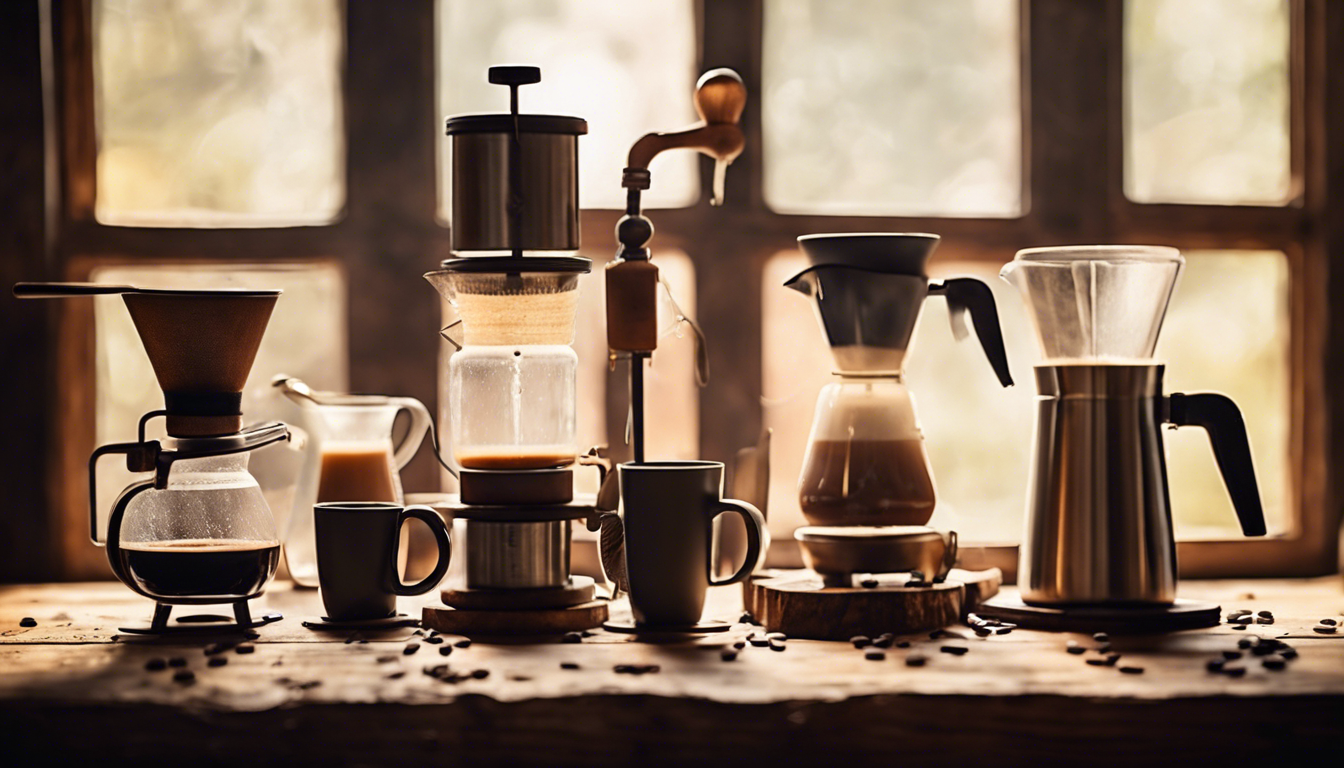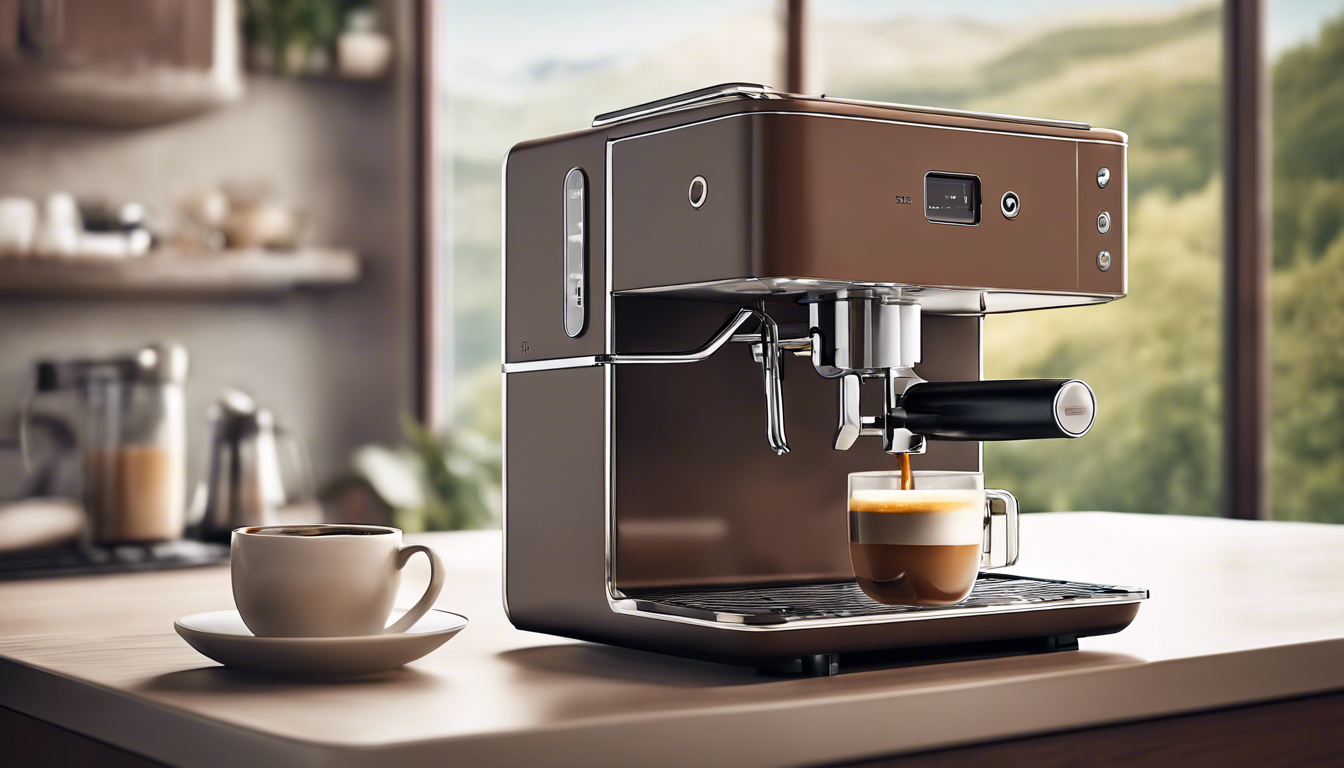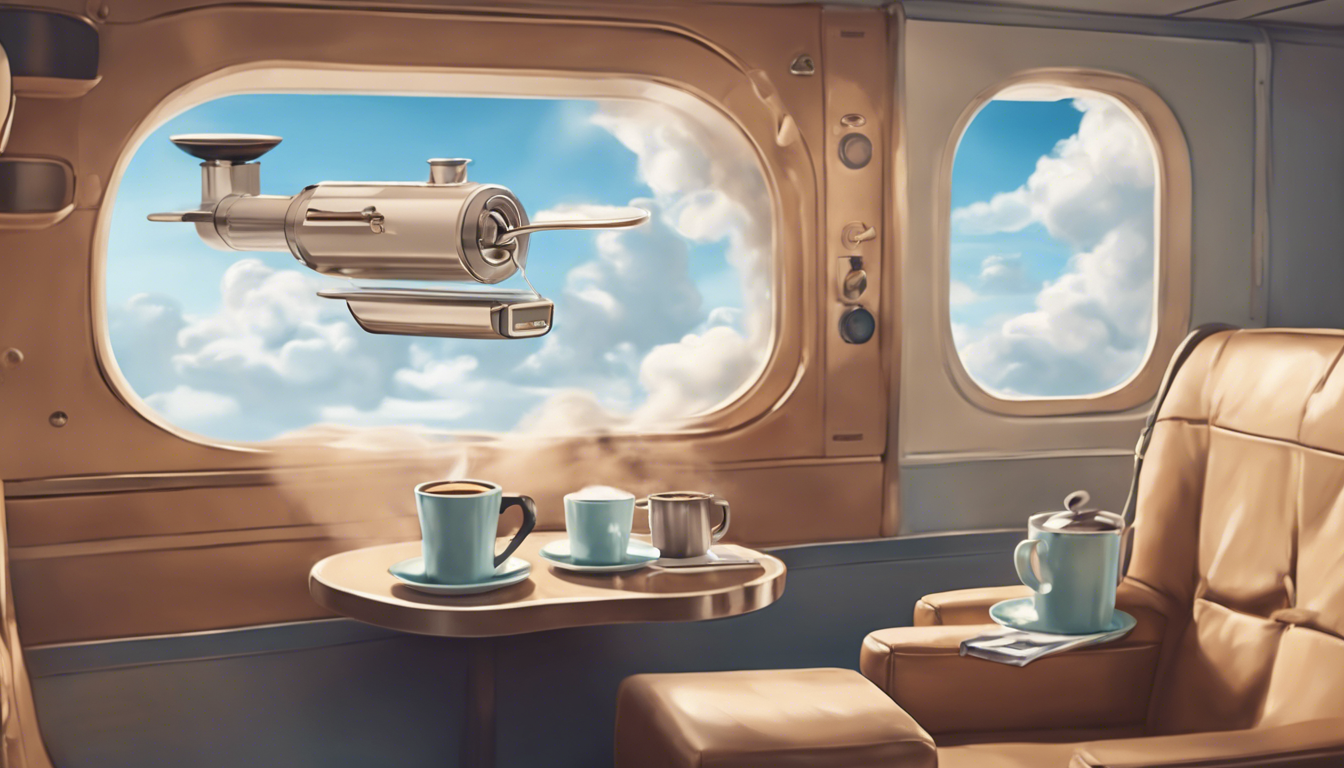Understanding the Caffeine Content in One Shot of Espresso
For many coffee enthusiasts, espresso is the secret fuel that powers through groggy mornings and slumps in the afternoon. A single shot of espresso is not only rich in flavor, but it also packs a potent punch of caffeine. Understanding how much caffeine is in one shot of espresso can help you navigate your daily coffee intake with ease and awareness.
What is Espresso?
Espresso originated in Italy and has since become a beloved coffee preparation method worldwide. It is brewed by forcing hot water at high pressure through finely-ground coffee beans. This process results in a concentrated, robust coffee with a signature crema layer on top. Espresso serves as the base for many popular coffee drinks, including lattes, cappuccinos, and macchiatos.
How Much Caffeine in One Shot of Espresso?
The average caffeine content in a standard single shot of espresso—also known as a solo shot—is approximately 63 milligrams. However, this amount can vary slightly depending on factors such as the type of coffee bean, the roasting process, and the brewing technique. For those measuring in ounces, a single shot of espresso typically equates to about 1 ounce.
Comparison with Other Coffee Drinks
While a single shot of espresso may contain 63 milligrams of caffeine, it's important to compare this with other coffee beverages to get a sense of caffeine consumption. A regular 8-ounce cup of brewed coffee contains approximately 95 milligrams of caffeine. Intriguingly, although a cup of coffee has more total caffeine than a single shot of espresso, espresso offers a higher concentration of caffeine per ounce.
For those who love to double down on their caffeine intake, a double shot, or doppio, contains about 126 milligrams of caffeine. In contrast, specialty drinks like a cappuccino or a latte, often made with one or two shots of espresso, can have varying caffeine levels depending on the size of the drink and the number of shots used.
Factors Influencing Caffeine Content
Understanding the caffeine content in espresso isn't a one-size-fits-all scenario. Factors such as the variety of coffee beans, whether Arabica or Robusta, affect caffeine levels. Robusta beans, for instance, generally contain more caffeine than Arabica beans. Moreover, the grind size, brewing time, and temperature can all influence the final caffeine content in your cup of espresso.
Conclusion: Sip with Confidence
Espresso is a powerful coffee staple that provides a reliable caffeine boost in a small, flavorful package. Knowing how much caffeine is in one shot of espresso allows you to better manage your caffeine intake throughout the day. Whether you're a minimalist looking for a quick pick-me-up or someone who delights in the art of crafting the perfect espresso-based beverage, understanding the caffeine dynamics in espresso can enhance both your appreciation and enjoyment of this timeless coffee classic.





